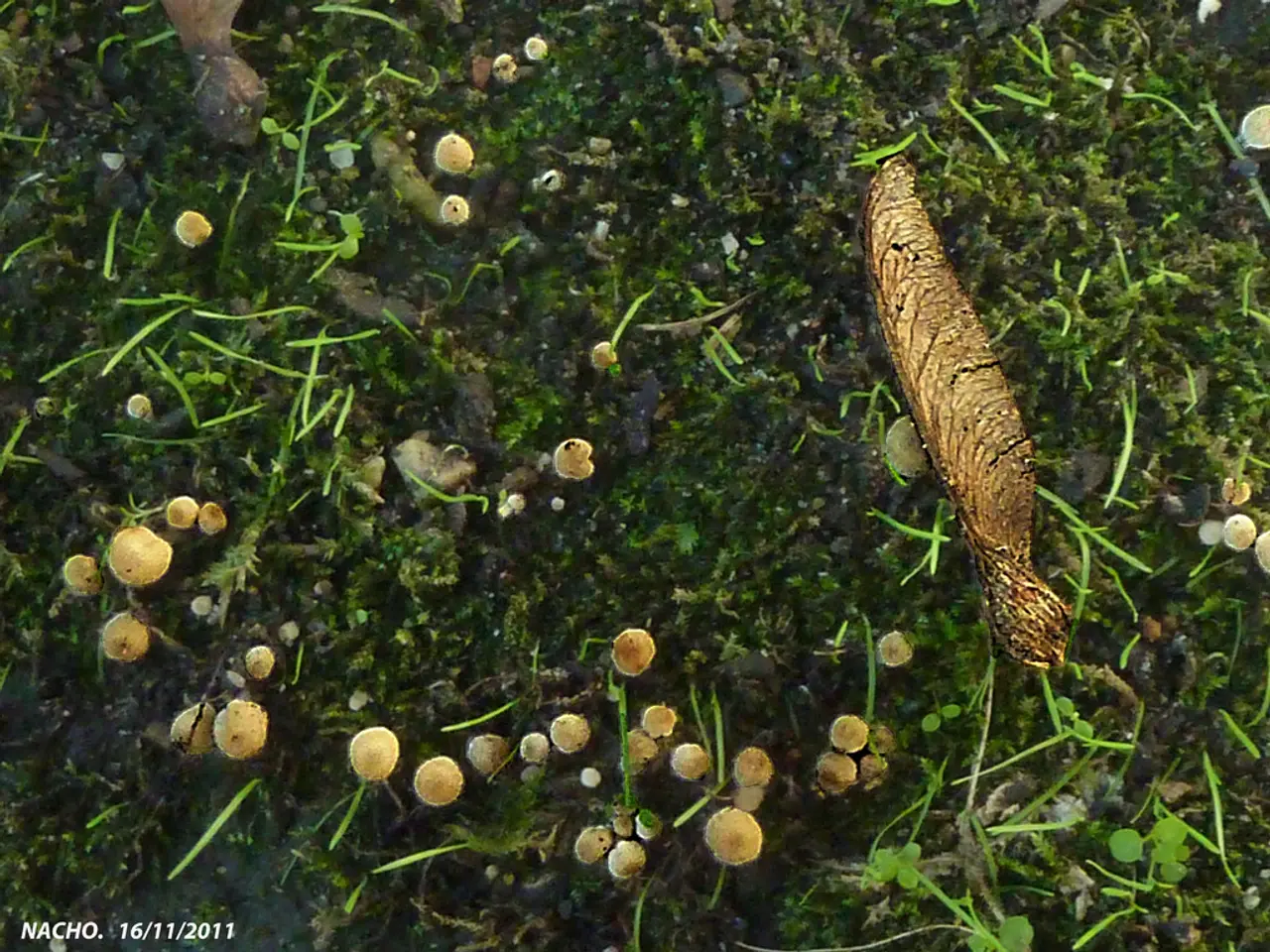Efforts in the wealthy oil nation of Oman to safeguard the precious commodity of frankincense, known as 'white gold'
In the heart of the Dhofar region in Oman, a unique conservation effort is underway. The Dawkah Reserve, home to the world's largest frankincense tree reserve, is a testament to the rich history and cultural significance of this ancient resin.
The Boswellia tree, from which frankincense is extracted, thrives in the Dawkah valley. Each tree in the reserve has a unique code and is meticulously monitored by a team of specialists to ensure its health and sustainability. Only a fifth of the trees are harvested to preserve them, a testament to the careful approach required to harvest this precious resource.
The traditional method of harvesting frankincense is as old as the tree itself. Craftsmen carefully cut the bark to release the sap, which hardens over a few days. This process requires skill and care, reflecting the value placed on this ancient practice.
The Dawkah reserve is home to four main varieties of frankincense, including the Najdi and Hojari, which are renowned for their medicinal properties. The Najdi variety found in the valley is particularly prized, known for its unique earthy scent and its high-grade, rare light green colour.
The frankincense resin has a long and storied history. It has been used as incense, in traditional medicine, and in religious rituals. Today, it finds a place in high-end perfumes, with luxury brands like Amouage selling their scents containing frankincense internationally for hundreds to thousands of dollars per bottle.
The ancient port of Samahram, part of the Khor Rori site, once served as the gateway for frankincense to the world. Today, the Dawkah reserve continues this tradition, with a distillery set to be built to extract the frankincense oil.
The Dawkah Reserve is not just a conservation effort; it's also a source of local employment. The Public Authority for Environmental Affairs (PAEA) in Oman, in collaboration with Amouage, developed the reserve in 2022, providing jobs for the local community.
The frankincense oil extracted from these trees is used in perfume, skincare, and local markets as solid beads of fragrance. Donations are open to anyone wanting to help the Dawkah reserve, with small gifts of frankincense products offered in return every year.
In addition, the government is working to save frankincense trees from areas threatened by projects, with approximately 600 trees already brought to the reserve. This effort is part of a broader commitment to preserve this ancient resource and the cultural heritage it represents.
Since 2000, the Dawkah valley, along with Khor Rori, Al Baleed, and Shisr, has been a UNESCO World Heritage Site as part of the Land of Frankincense listing. This recognition underscores the importance of preserving this unique ecosystem and the traditions associated with it.
The "quick to anger" frankincense tree, as it is referred to in local terminology, continues to yield its precious resin, a testament to the enduring value of tradition and the power of conservation.
Read also:
- Nightly sweat episodes linked to GERD: Crucial insights explained
- Antitussives: List of Examples, Functions, Adverse Reactions, and Additional Details
- Asthma Diagnosis: Exploring FeNO Tests and Related Treatments
- Unfortunate Financial Disarray for a Family from California After an Expensive Emergency Room Visit with Their Burned Infant








